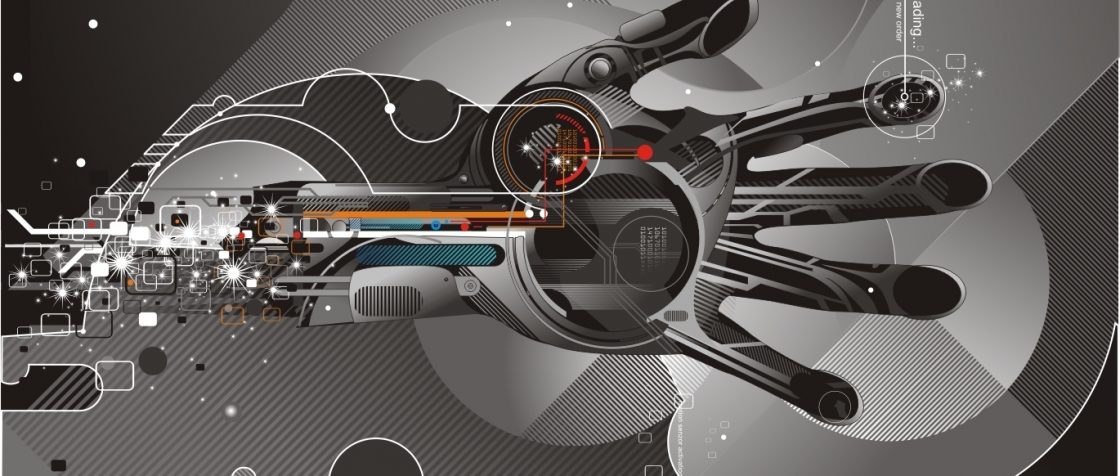
Florida Atlantic University’s (FAU) Department of Ocean & Mechanical Engineering has developed an AI-powered soft robotic glove designed to assist and enhance natural hand movements for people disabled by strokes.
“Here we show that our smart exoskeleton glove, with its integrated tactile sensors, soft actuators, and artificial intelligence, can effectively aid in the relearning of manual tasks after neurotrauma,” stated Dr. Maohua Lin, Professor at FAU.
The glove weighs only 191g and was designed using 3D printed polyvinyl acid stents and hydrogel casting to integrate five actuators into a single wearable device. It can be customized to the unique anatomy of individual patients with the use of 3D scanning technology or CT scans. The glove is modeled with soft pneumatic actuators located in the fingertips that generate motion and exert force, allowing the patient to mimic natural hand movements. The fingertips are engineered with “an array of 16 flexible sensors or ‘taxels'” to provide tactile sensations to the wearer’s hand during interaction with objects or surfaces. Its feel is designed to be flexible and feel soft on the skin of the entire palm and wrist area.
In the paper, the researchers state, “besides physical and occupational therapy, music therapy can help stroke patients to recover language and motor function.” Using machine learning, the researchers taught the glove to feel in a way that it can differentiate between playing the correct and incorrect versions of a beginner’s song on the piano.
“We found that the glove can learn to distinguish between correct and incorrect piano play. This means it could be a valuable tool for personalized rehabilitation of people who wish to relearn to play music,” said Dr. Erik Engeberg, also a professor at FAU. “Importantly, although this study’s application was for playing a song, the approach could be applied to myriad tasks of daily life and the device could facilitate intricate rehabilitation programs customized for each patient.”
